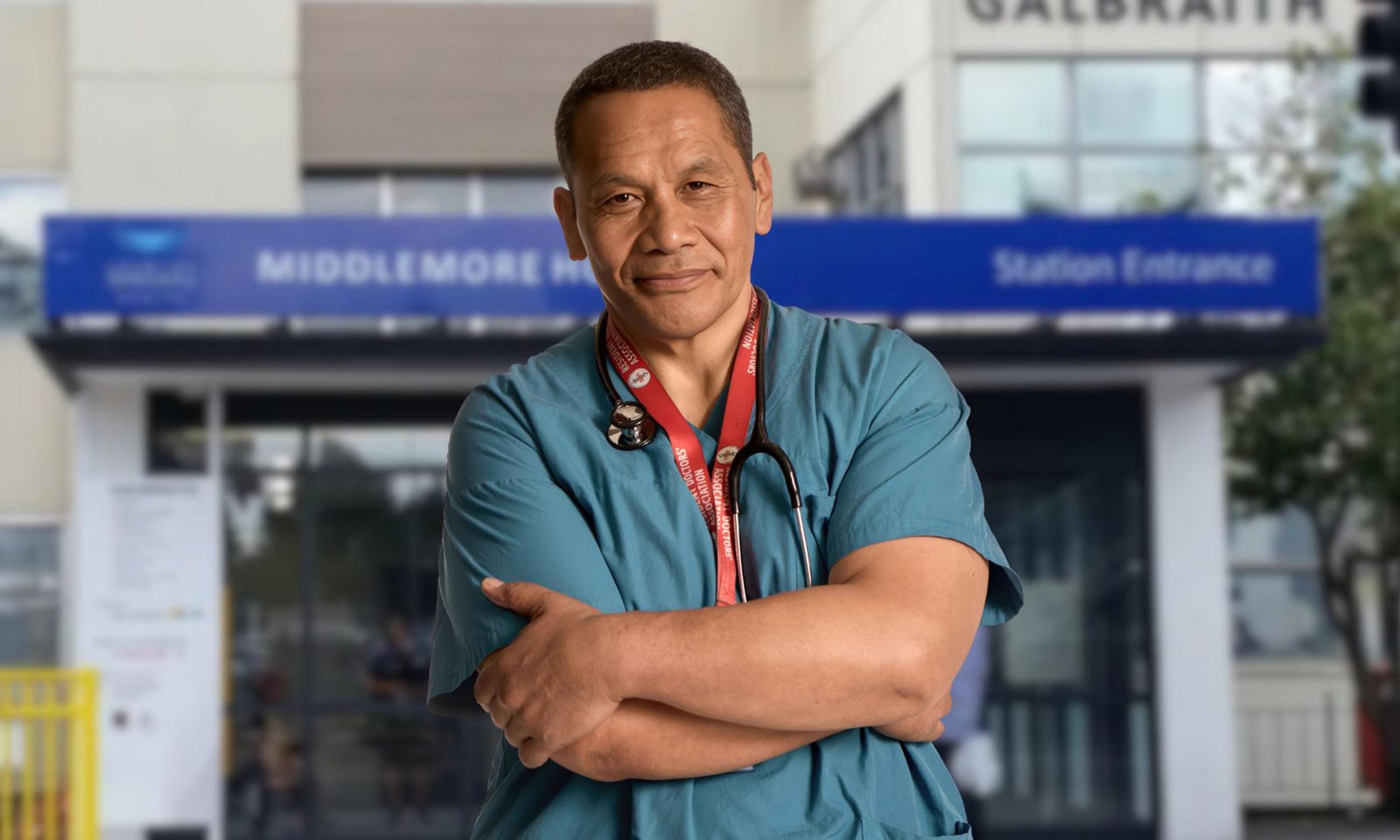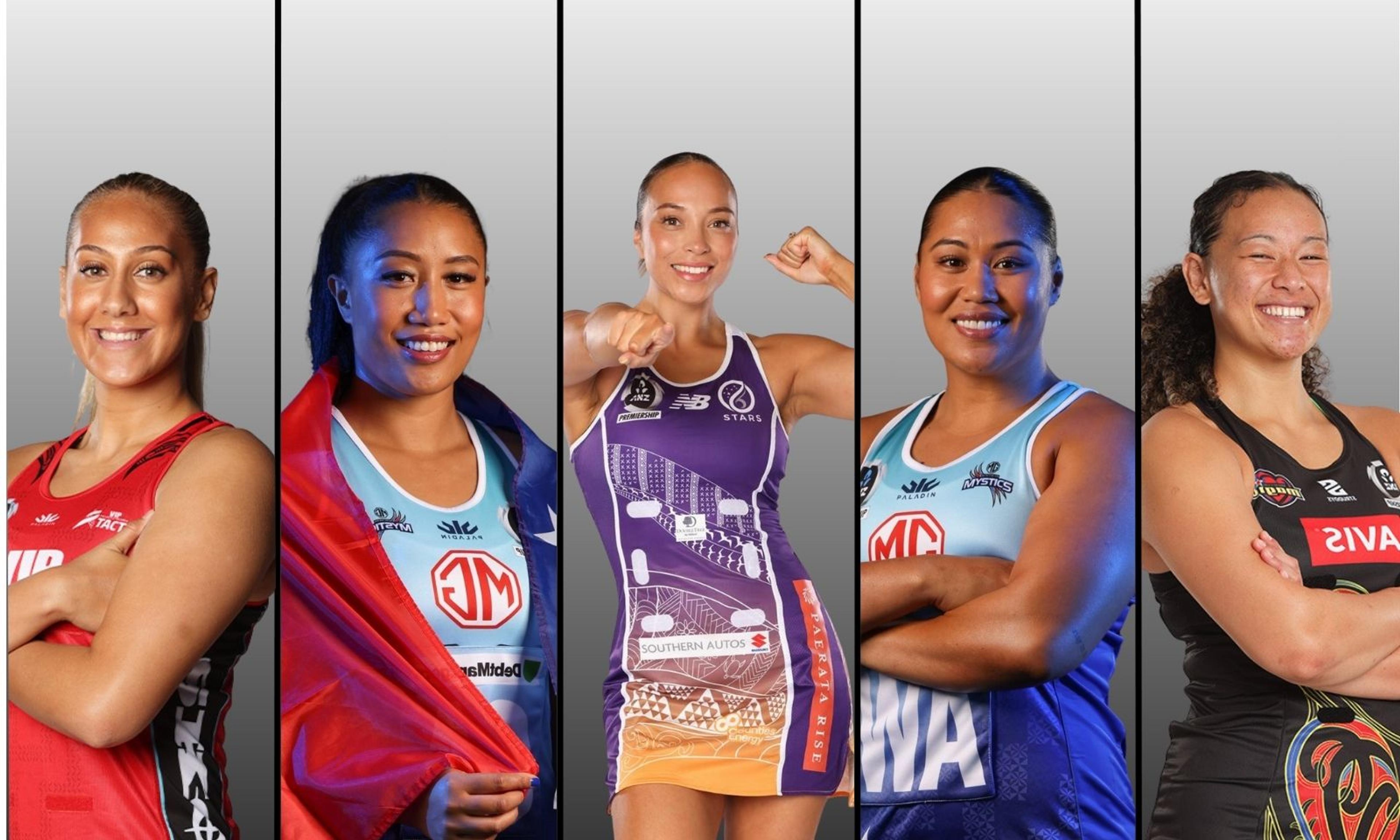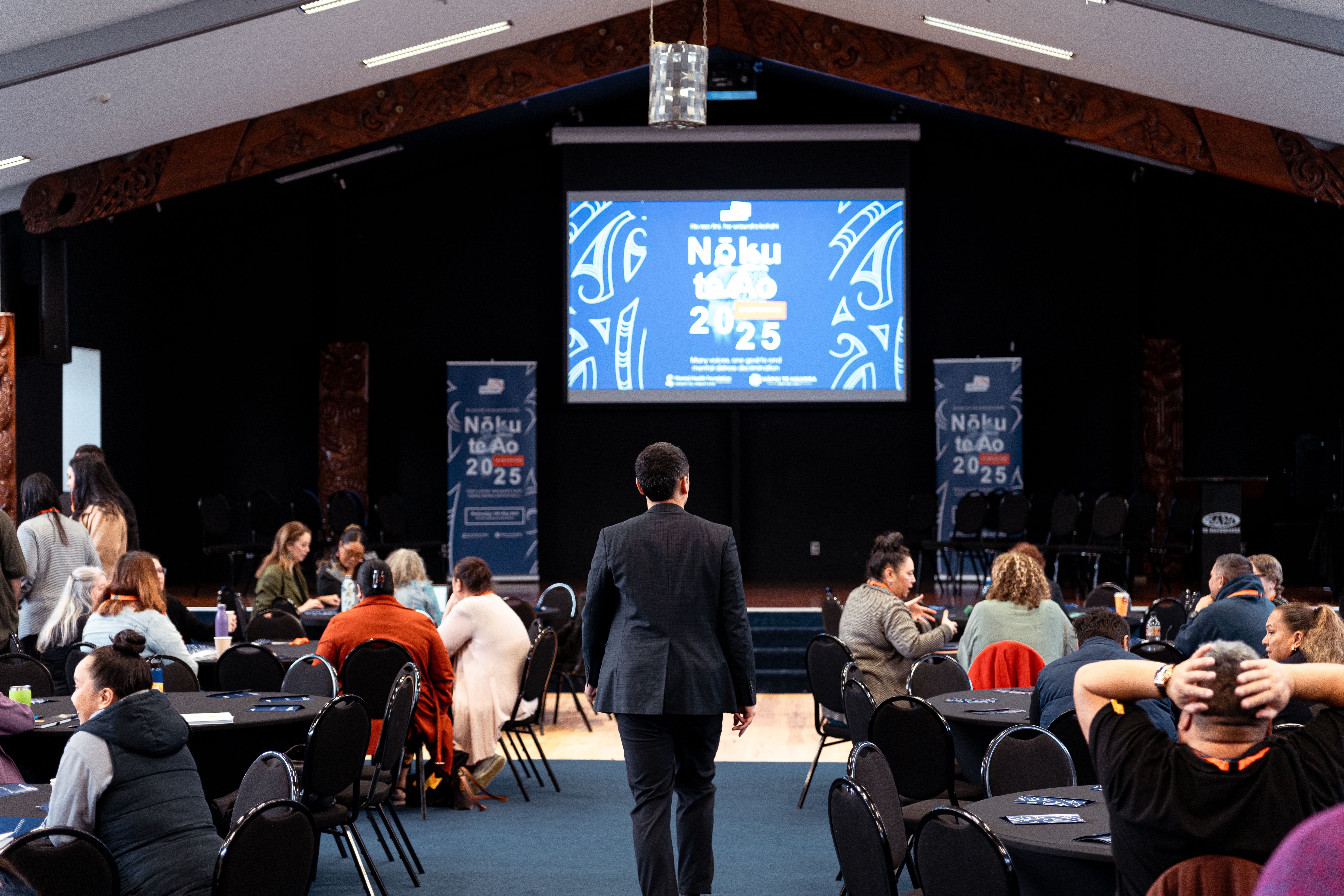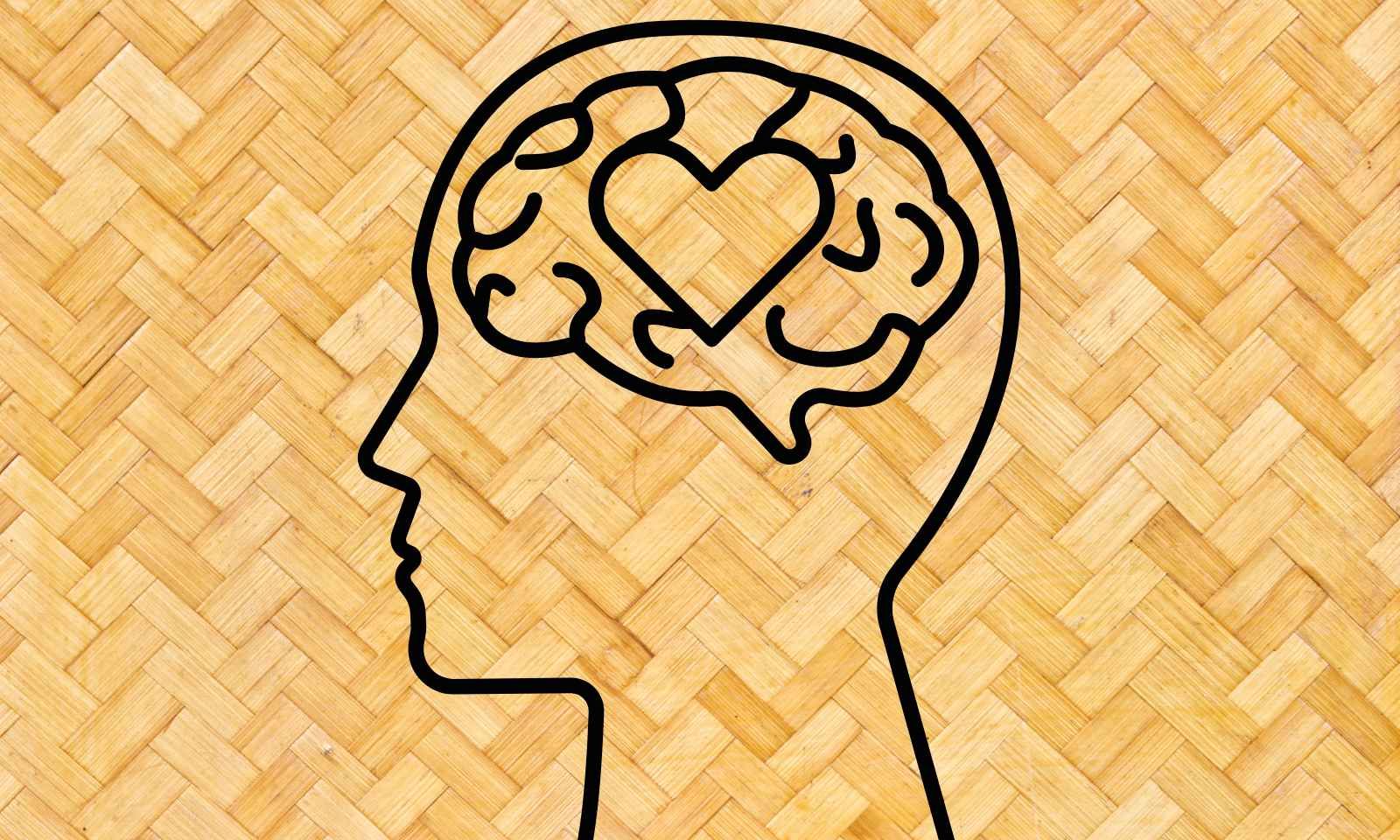

Dr Karlo Mila speaking at the Nōku te Ao Symposium.
Photo/John Pelasio
Call for collective action to combat racism and mental distress among NZ's Pacific youth
Dr Karlo Mila says the alarming rates of mental distress and suicide demand systemic change and greater societal acceptance.



Tonga unites young brass talent for historic debut performance


Council-backed venue brings Pacific-led show to Central Auckland


South Auckland doctor inspires change through visible excellence and community strength

Tonga unites young brass talent for historic debut performance


Council-backed venue brings Pacific-led show to Central Auckland
Warning: This story discusses suicide.
Renowned poet and activist Dr Karlo Mila is calling for collective action to address discrimination and prejudice faced by Pacific youth.
Mila was a keynote speaker at last week’s Nōku te Ao Symposium: He reo tini, he wawata kotahi - Many voices, one goal to end mental distress discrimination.
Speaking to an audience of 150 leaders, policymakers, and mental health professionals, Mila highlighted her research into racism as a contributing factor in poor health outcomes.
“I was interested in racism as the reason why we might be getting so sick,” she says.
“Many young people in Aotearoa are growing up in a country where they feel treated unfairly because of a high degree of racism. They are growing up in this country, not feeling accepted by others for who they are.”
New Zealand has the highest youth suicide rate among the world’s wealthiest countries. According to a UNICEF report, Innocenti Report Card 19, New Zealand ranks at the bottom of 36 OECD and European Union nations for mental health and is fourth lowest for child wellbeing.
Mila cites the Youth2000 survey conducted from 2000 to 2019, which found that less than half (48 per cent) of New Zealand-born Pacific people felt accepted by both their ethnic group and wider society. Those who felt accepted were 70 per cent less likely to attempt suicide.
“The data clearly shows that when Pacific youth feel accepted, they are much safer,” Mila says.
In the report, Pacific secondary school students reported higher instances of racism (40.5 per cent), housing deprivation (47.1 per cent), and more than a quarter (26.4 per cent) disclosed experiencing serious thoughts of suicide in the past year.

Nōku te Ao Symposium at Te Mahurehure Marae in Point Chevalier. Photo/John Pelasio
A cultural understanding of mental health crisis
Mila founded Mana Moana, an indigenous leadership programme rooted in Pacific ancestral knowledge. Her postdoctoral research draws upon Tongan and Sāmoan worldviews, emphasising that mental health issues are not solely the individual’s responsibility.
“The question is then ‘what has happened around you and who is around you right now, or before you were born?’ and ‘what is going on around you to make you unwell’?”
Mila says feelings of shame can silence those who are struggling, and eliminating the stigma around mental distress can help reduce harm caused by racism.
“Racism is already established to be associated with a higher chance of high risk alcohol consumption for young Pacific peoples.”

Access to specialist mental health and addiction services has decreased by 16,000 people in the last four years. Photo/File
Astley Nathan, Nōku te Ao Social Movement Programme Manager, says the symposium aims to equip influential individuals “to really understand their role in ending stigma and discrimination for those with lived experience”.
“It takes all of us, as a collective, to do it. We want everyone to walk away knowing at least one way they can contribute to ending this discrimination.”
Mila echoes this sentiment, urging us to embrace collective responsibility: “We need to make this a world that our young people want to live in. We all have to step up. That’s the answer.”
Watch Dr Mila Karlo's submission on the Treaty Principles Bill earlier this year.
Where to get help
If you need to talk, you can call or text 1737 for a trained counsellor at any time.
Lifeline: 0800 543 354 or text HELP to 4357.
Suicide Crisis Helpline: 0508 828 865 / 0508 TAUTOKO. This is a service for people who may be thinking about suicide, or those who are concerned about family or friends.
Depression Helpline: 0800 111 757 or text 4202.
Samaritans: 0800 726 666.
Youthline: 0800 376 633 or text 234 or email talk@youthline.co.nz.
What's Up: 0800 WHATSUP / 0800 9428 787. This is free counselling for 5 to 19-year-olds.
Asian Family Services: 0800 862 342 or text 832. Languages spoken: Mandarin, Cantonese, Korean, Vietnamese, Thai, Japanese, Hindi, Gujarati, Marathi, and English.
Rural Support Trust Helpline: 0800 787 254.
Healthline: 0800 611 116.
Rainbow Youth: (09) 376 4155.
OUTLine: 0800 688 5463.
In an emergency, or if you feel that you or someone else is at risk, please call 111.